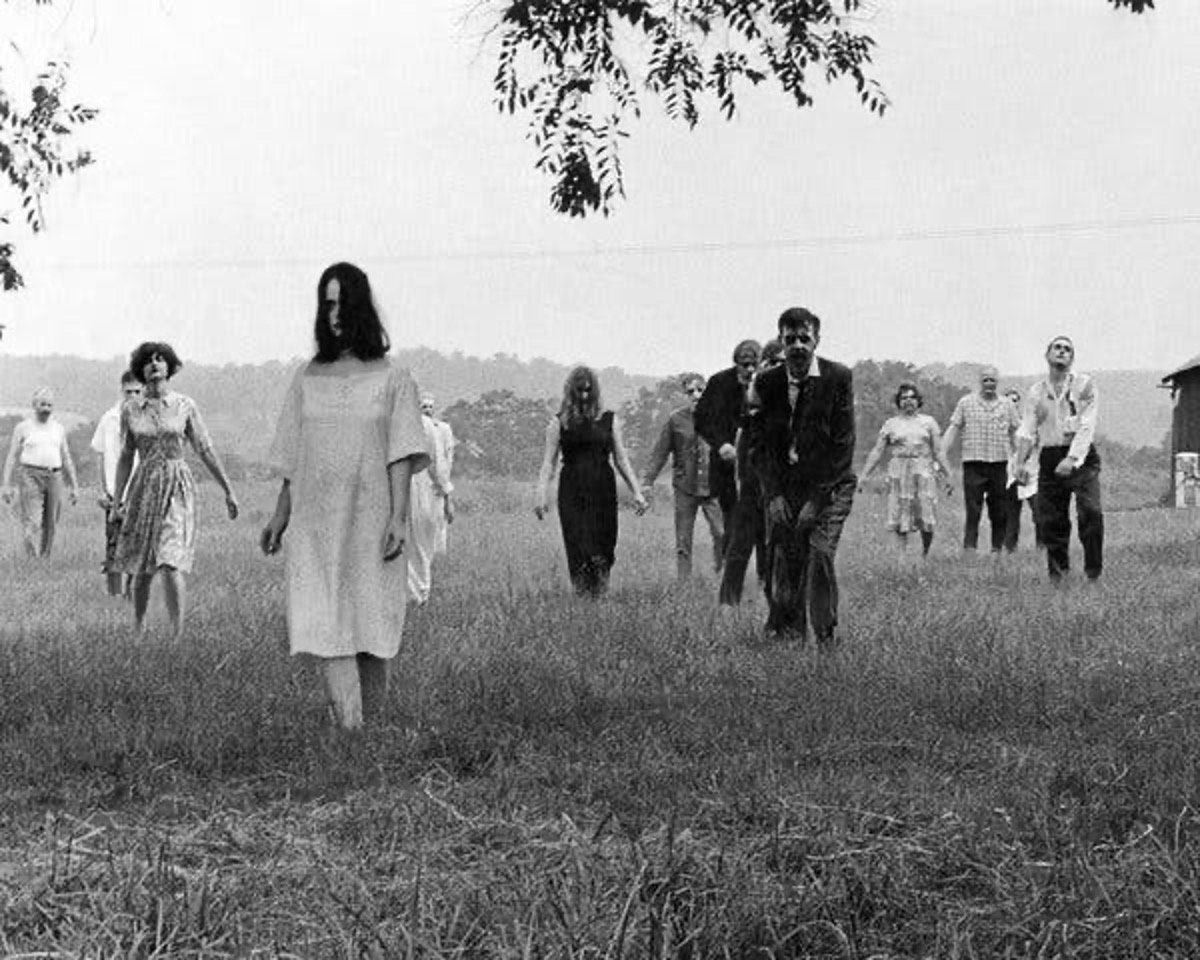
The Monster is Already in the House! Reading Judges 19 as a Horror Film
The history of interpretation of Judges 19 is almost as horrific as the story itself. Commentators blame the victim and excuse the men who betray her. A Rhetorical Genre Studies approach is used to understand how assumptions about genre condition certain kinds of ‘uptakes’ and not others. To resist the tradition while retaining the text requires a disruption of these automatic uptakes. Reading Judges 19 alongside Psycho and Night of the Living Dead suggests other possibilities for what kind-of-thing the text is. It highlights the role of incongruities and occlusions in generating tension and disrupting normality. The ambiguous morality of the characters is central to its depiction of the darkness. Reading the story as if it is a horror film suggests new ways the text might be received, and opens up new ways that we can respond.

Playing with Scripture: Reading Contested Biblical Texts with Gadamer and Genre Theory (PhD thesis)
Reading texts as Scripture brings two hermeneutical assumptions into tension: that the text will continually say something new and relevant into the present situation, and that the text has stability and authority over readers. The collapse of ecclesial authority structures and the array of twentieth-century critical approaches to the Bible seem to take this tension past breaking point. Given how contested the Bible’s meaning is, how is it possible to ‘read Scripture’ as authoritative and relevant? This thesis uses Hans-Georg Gadamer’s philosophical hermeneutics to explore this problem of Scripture.

Gadamer, Wirkungsgeschichtliches Bewusstsein, and What To Do about Judas (Acts 1:12–22)
Hans-Georg Gadamer’s artfully ambiguous phrase, wirkungsgeschichtliches Bewußtsein (historically-effected consciousness), evokes both a consciousness that is aware of how understanding is shaped by effective history, but also the consciousness which is already always being shaped by effective history. This paper begins by unpacking Gadamer’s concept of historically effective consciousness, drawing on his later works alongside the more familiar Truth and Method. Part two explores how his phenomenological hermeneutics might assist a reading of the New Testament as a literary text. Gadamer's principles can be seen at play in Acts 1:12–22, in which Peter explains Judas’s betrayal as the fulfilment of Psalms 69 and 109. While midrashic techniques explain some aspects of Peter’s exegesis of these Old Testament texts, it can be difficult to find a coherent hermeneutical principle behind this kind of apostolic exegesis of the Old Testament. Historically-effected consciousness offers a promising overarching hermeneutic, drawing our attention to three elements of the text’s historical horizon: question, geography and genre. Part three then considers what a historically-effected consciousness might mean, in turn, for New Testament exegetes reflecting on their own phenomenological predicament.